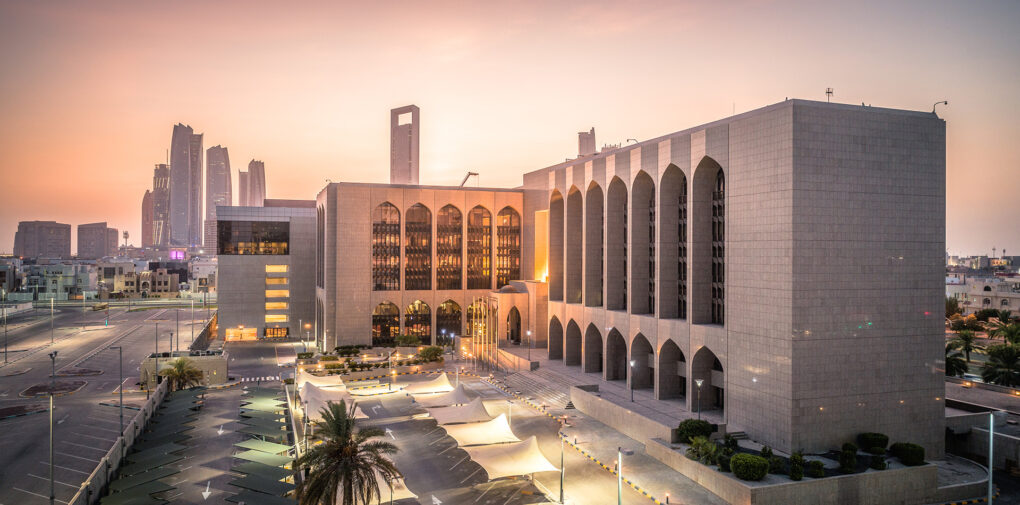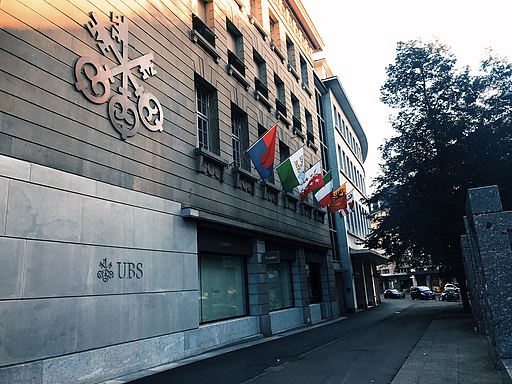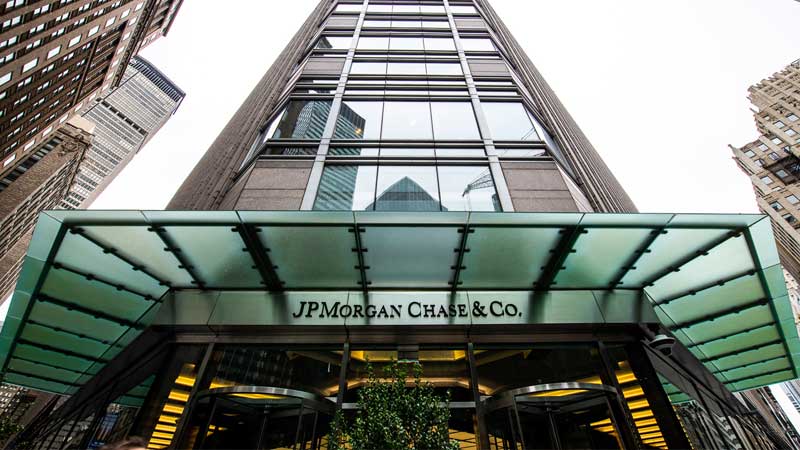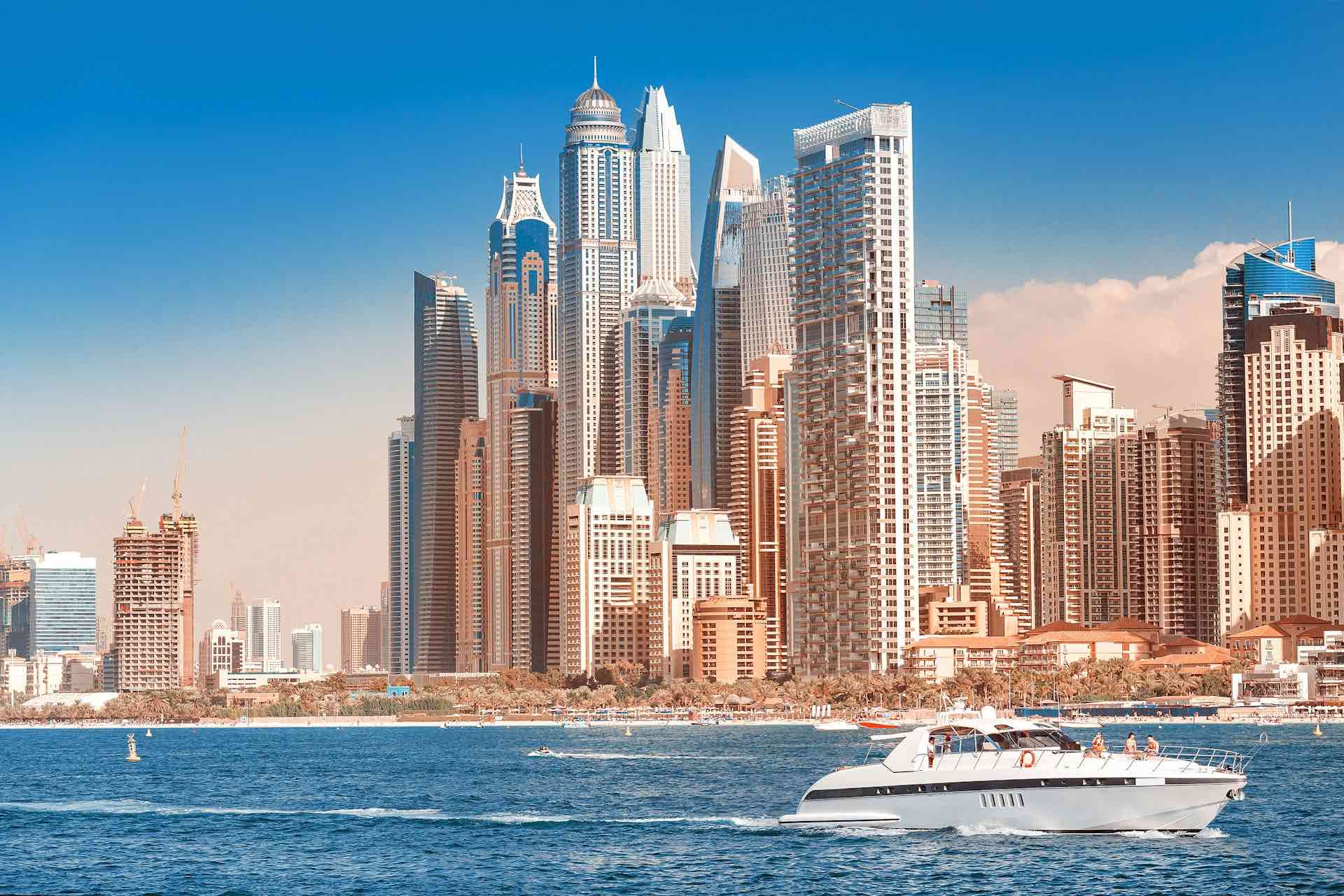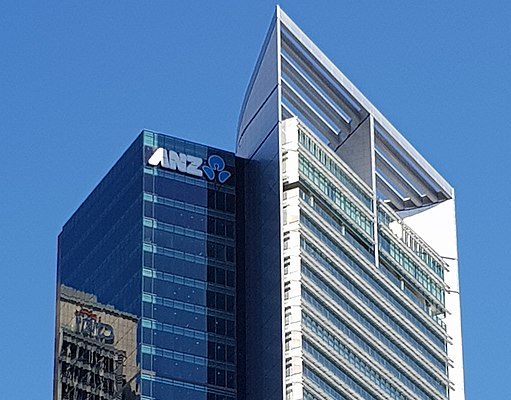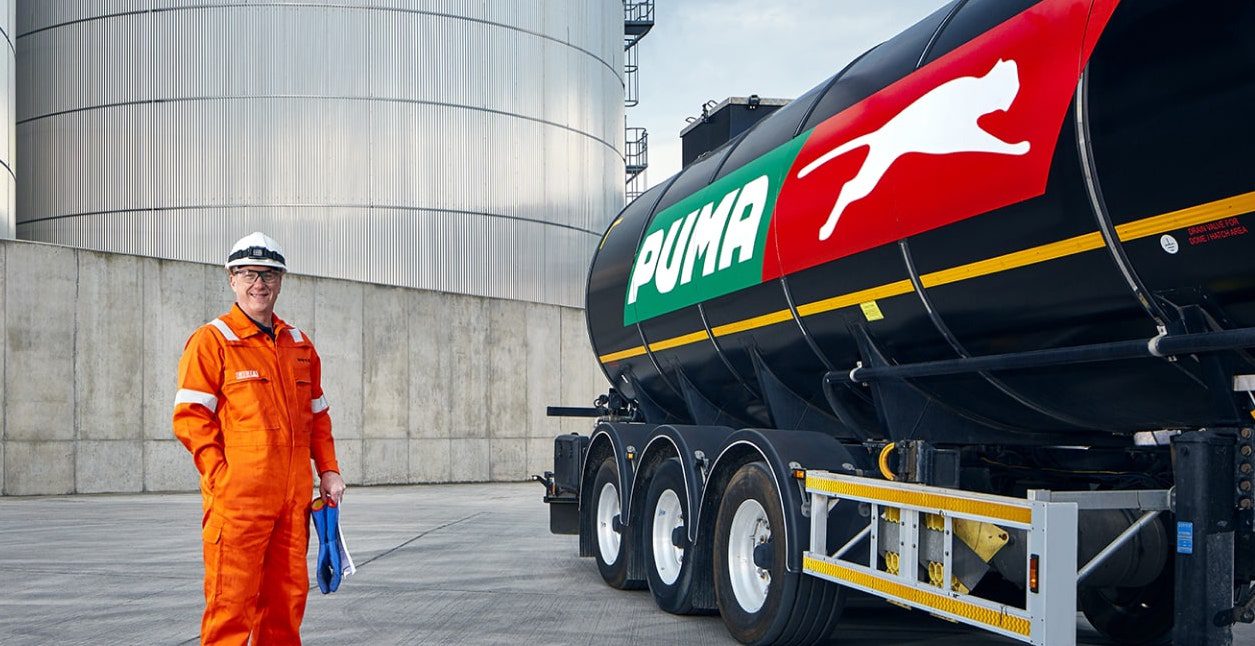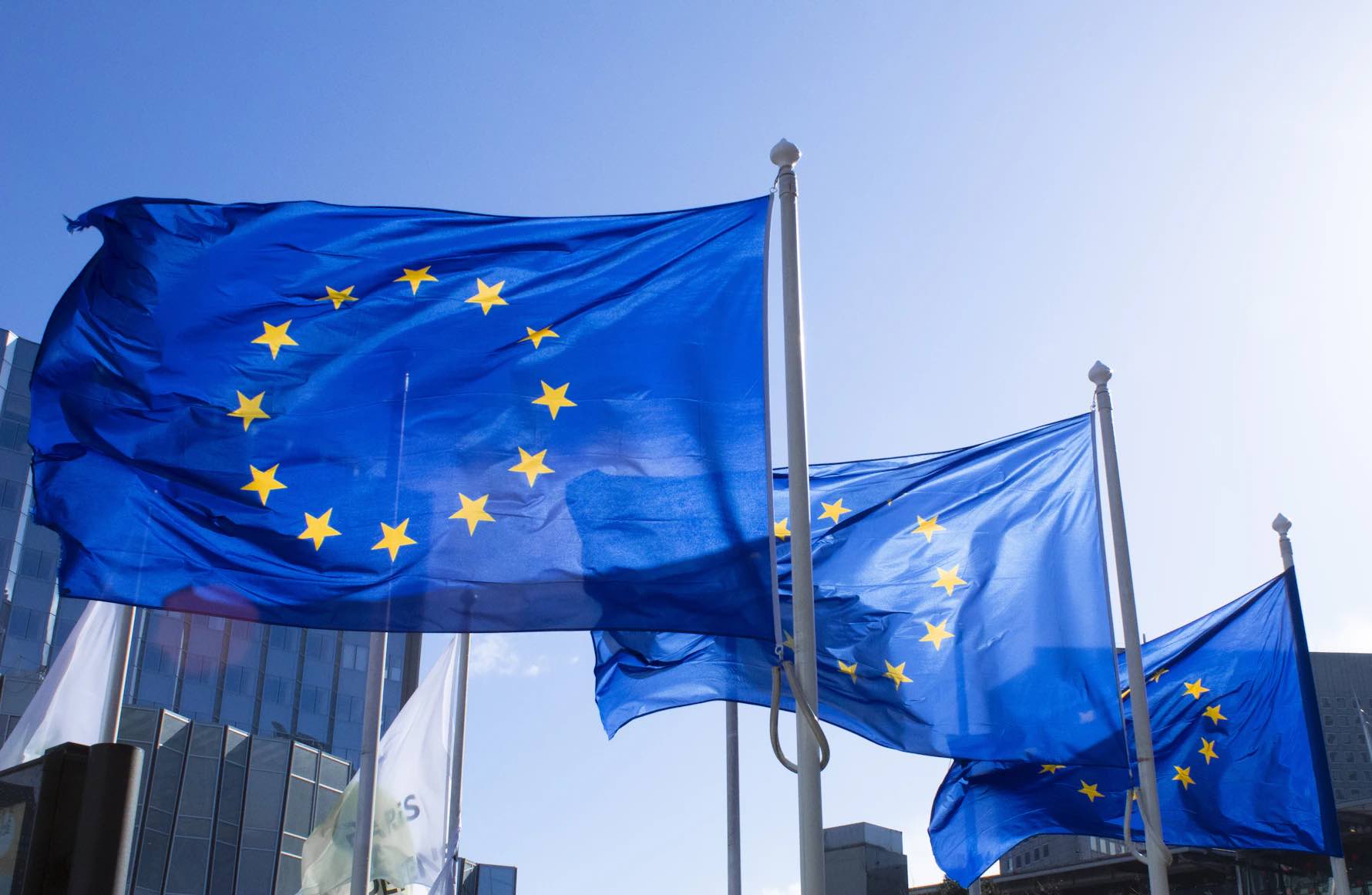Main Menu
- Top News
-
Together taps nCino to Streamline Lending Processes
April 24, 2024 -
Walmart’s One Takes on Affirm with New BNPL Offering
April 24, 2024 -
Bird taps Airwallex to Streamline Global Payments Operations
April 24, 2024 -
Lloyds Sees Profits Fall Amid Increased Mortgage Competition
April 24, 2024 -
Swiss Bitcoiners Seek to Amend Constitution
April 24, 2024
- Regions
- Banking
-
Lloyds Sees Profits Fall Amid Increased Mortgage Competition
April 24, 2024 -
Swiss Bitcoiners Seek to Amend Constitution
April 24, 2024 -
CBUAE Offers Loan Repayment Deferment to Storm Victims
April 23, 2024 -
Bosnia and Herzegovina Central Bank Joins World Bank Program
April 23, 2024 -
SNB Doubles Minimum Reserve Requirement
April 22, 2024
- Investment
-
Crypto Fund Outflows Rise
April 23, 2024 -
JPMorgan Appoints New Chair and GM for Its China Securities Arm
April 23, 2024 -
UK and Saudi Arabia to Host Trade Expo in Riyadh
April 22, 2024 -
ANZ Explores Infrastructure Investment Opportunities in India
April 19, 2024 -
Morgan Stanley to cut investment banking workforce
April 17, 2024
- Infrastructure
-
Fuel Infrastructure Investment Crucial for Africa’s Energy Security
April 23, 2024 -
EU Agency Calls for Proposals for Key Energy Projects
April 18, 2024 -
Apple Set to Go Cleaner With Ambitious 2030 Goals
April 18, 2024 -
Oil prices fall amid economic headwinds
April 17, 2024 -
Canada Launches $6bn Housing Infrastructure Fund
April 4, 2024
- Tech
-
Together taps nCino to Streamline Lending Processes
April 24, 2024 -
Walmart’s One Takes on Affirm with New BNPL Offering
April 24, 2024 -
Bird taps Airwallex to Streamline Global Payments Operations
April 24, 2024 -
Swiss Bitcoiners Seek to Amend Constitution
April 24, 2024 -
Mauritania’s Central Bank Announces Joint CBDC Project
April 23, 2024
- Featured
-
Telepin: Empowering the Unbanked Through Innovation
March 29, 2024 -
Libertex: Once a Leader, Always a Leader
March 28, 2024 -
MaxFinance: Credit Intermediation Specialists
March 28, 2024 -
Pioneering sustainable horizons: Atlas Renewable Energy’s journey
March 28, 2024 -
Banco Promerica: delivering an outstanding customer experience
March 28, 2024
- Videos
- Subscribe
- Magazine
- Awards
-





